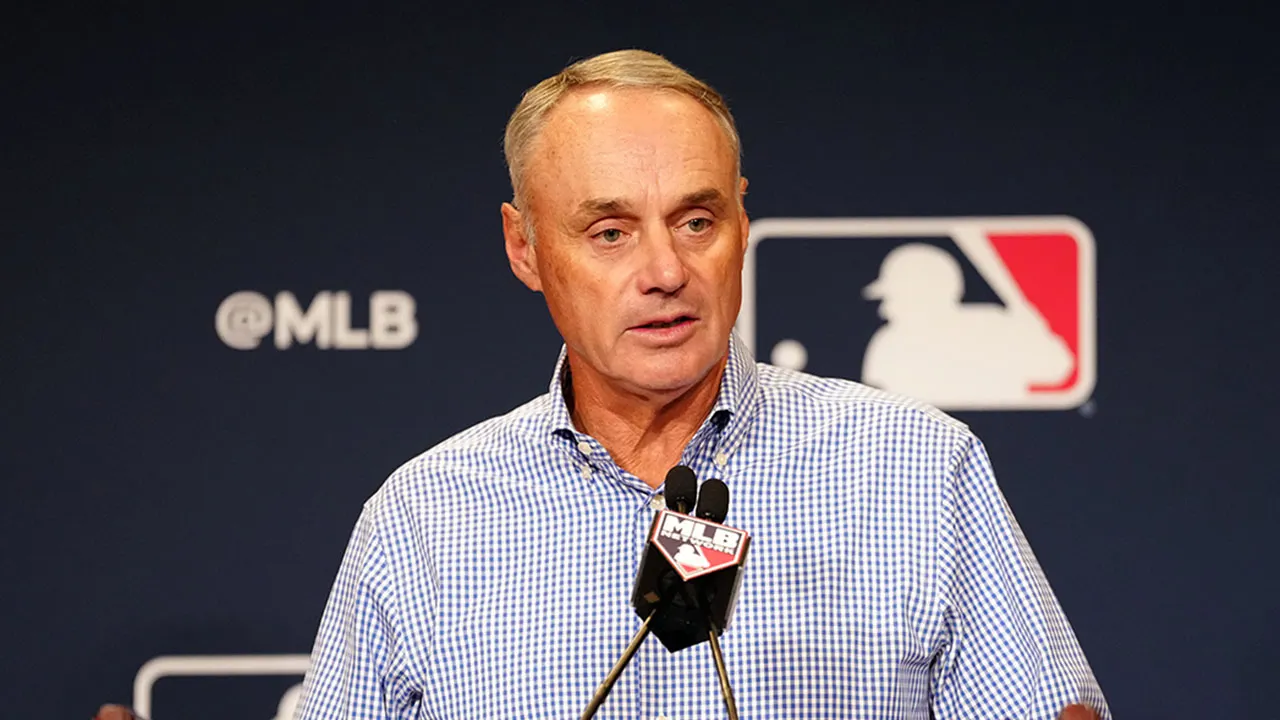Sports
MLB, ESPN mutually parting ways on media rights deal after 2025 season: report

The End of an Era: ESPN and MLB Part Ways
After decades of collaboration, ESPN and Major League Baseball (MLB) have decided to go their separate ways following the 2025 regular season. This marks the conclusion of a long-standing media rights partnership that has been in place since 1990. MLB Commissioner Rob Manfred revealed the decision in a letter to league owners, citing dissatisfaction with the level of coverage ESPN has provided outside of live game broadcasts. Despite their shared history, both parties mutually agreed to opt out of the remaining three years of their contract, setting the stage for MLB to explore new opportunities in the ever-evolving media landscape.
A Shift in Media Strategy: MLB’s Perspective
MLB’s decision to end the partnership stems from a desire to enhance its media presence and secure a deal that reflects the current market value. Commissioner Manfred emphasized that the league was not content with the minimal coverage on ESPN’s platforms beyond live games, which it believes undervalues its product. With ESPN slated to pay $550 million annually for the next three years, MLB contends that this figure exceeds the current market rate. Manfred made it clear that the league is keen on optimizing its rights by potentially moving its marquee regular-season games, the Home Run Derby, and the Wild Card playoff round to a new broadcast or streaming platform.
ESPN’s Stance: A Pragmatic Decision
ESPN, recognizing the shifting media landscape, approached MLB with a proposal to reduce the annual payment, citing lower deals secured by other platforms like Apple ($85 million per year) and Roku ($10 million per year). However, MLB argued that these comparisons were not apples to apples, given the exclusivity and breadth of its agreement with ESPN. The current deal includes exclusive Sunday night games, an entire playoff round, and the Home Run Derby, offerings that distinguish MLB’s partnership with ESPN from more limited agreements with other platforms. While ESPN has expressed a willingness to continue its relationship with MLB, the network is mindful of the need to balance its investments across a portfolio of live events.
What’s Next for MLB?
As MLB prepares to navigate this transition, it has already begun exploring alternative partnerships to maximize the value of its media rights. Commissioner Manfred indicated that the league has been in discussions with multiple interested parties, including potential bidders for its rights. While no decisions have been made, the expectation is that at least two viable options will emerge in the coming weeks. For now, ESPN will continue to broadcast Sunday Night Baseball, Wild Card games, and other postseason content through the 2025 season, maintaining a level of continuity for fans.
The Broader Implications for MLB’s Media Future
The decision to part ways with ESPN signals a strategic shift in how MLB approaches its media rights. By opting out of the current agreement, the league is positioning itself to potentially secure more lucrative deals with emerging platforms or traditional broadcasters. This move reflects MLB’s recognition of the changing dynamics of sports media consumption, where digital platforms and streaming services are increasingly influential. However, the league also faces the challenge of ensuring that its new partners can deliver the same level of exposure and engagement that ESPN has provided over the years.
The Future of ESPN and MLB
While the separation marks the end of an era, both ESPN and MLB have expressed openness to revisiting their partnership in the future. ESPN has proposed new programming ideas to MLB, signaling its interest in continuing the relationship in some form. At the same time, MLB is weighing its options carefully, aiming to strike a balance between tradition and innovation. As the media landscape continues to evolve, both parties will need to adapt to changing consumer habits and technological advancements to remain competitive and relevant in the world of sports broadcasting.
In conclusion, the split between ESPN and MLB represents a significant turning point in the history of sports media. While the immediate focus is on securing new partnerships and delivering value to fans, the long-term implications of this decision will shape the future of how baseball is consumed and enjoyed by audiences around the world.











